The sleep patterns of 26 celebrities revealed: from Beyoncé to Kylie Jenner
A recent study looked at the sleep patterns of 26 influential entrepreneurs and this is what they found
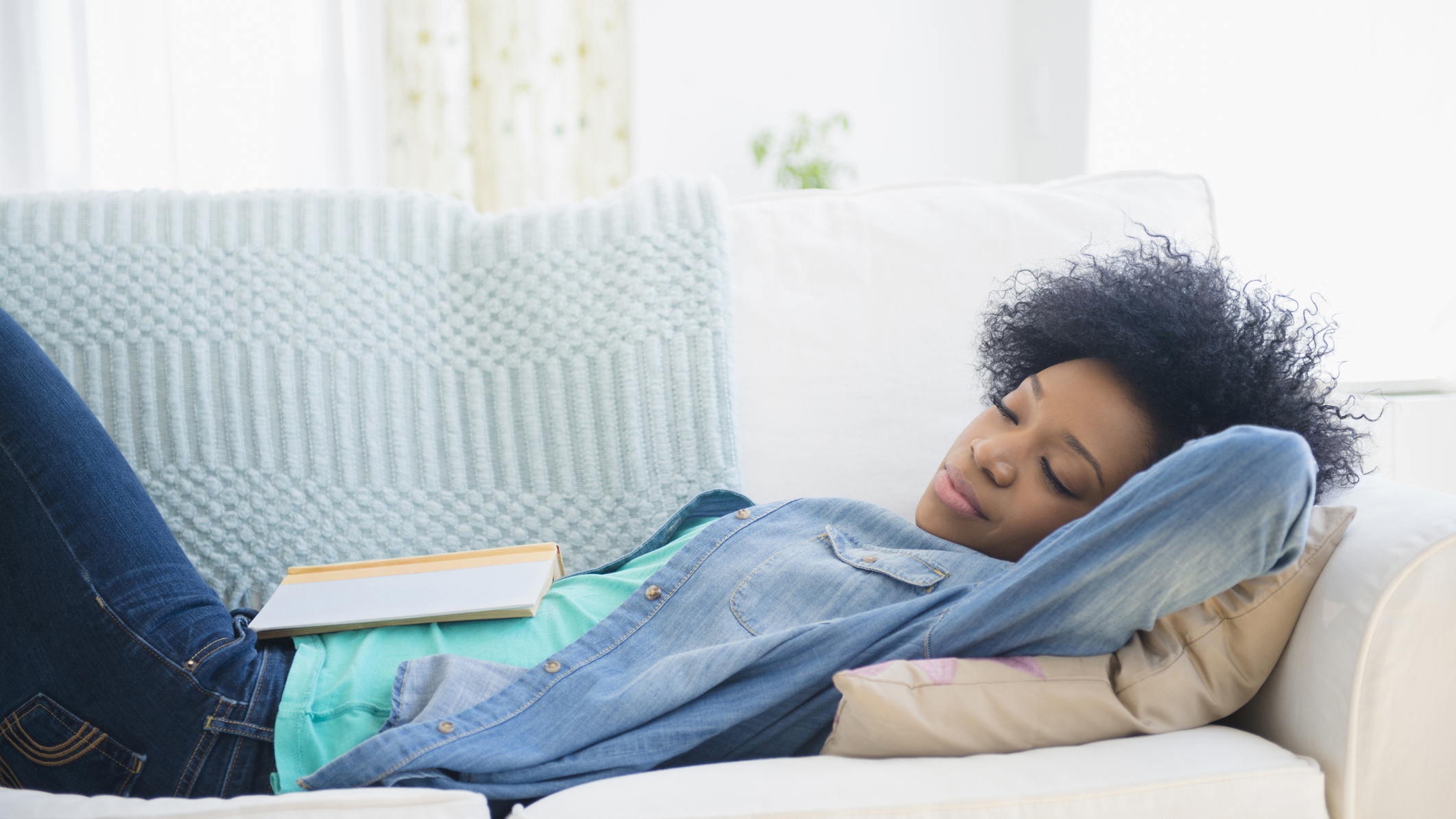
Sleep is highly individual, and what is enough for you might be too little or too much for the next person. A recent study by card payment provider Dojo found this to be the case for 26 influential entrepreneurs, including Anna Wintour, Michelle Obama, Kylie Jenner and Beyoncé.
The team analyzed interviews, social media, biographies and other articles to depict each person’s 24-hour routine and sleep pattern, and it makes for entertaining reading.
According to the study, on average Rihanna sleeps from 1am to 6am and makes up for any fatigue in the day with power naps. Make-up entrepreneur Kylie Jenner sleeps from 11pm to 5am, while Arianna Huffington heads to bed at around 10.30pm and wakes up at 7am. When writing about her morning routine, Huffington revealed that, "Ninety-five percent of the time I get eight hours of sleep a night, and as a result, ninety-five percent of the time I don’t need an alarm to wake up."
Oprah wakes up naturally too, and is usually in bed by 10pm, writing in her gratitude journal, before waking up around 6am - no alarm needed. Facebook COO Sheryl Sandberg and home organization guru Marie Kondo are among those who spend the longest time in bed, going to sleep around 9-9.30pm and rising around 6am.
Here’s the full list of entrepreneurs and their sleep patterns, as shared by Dojo…
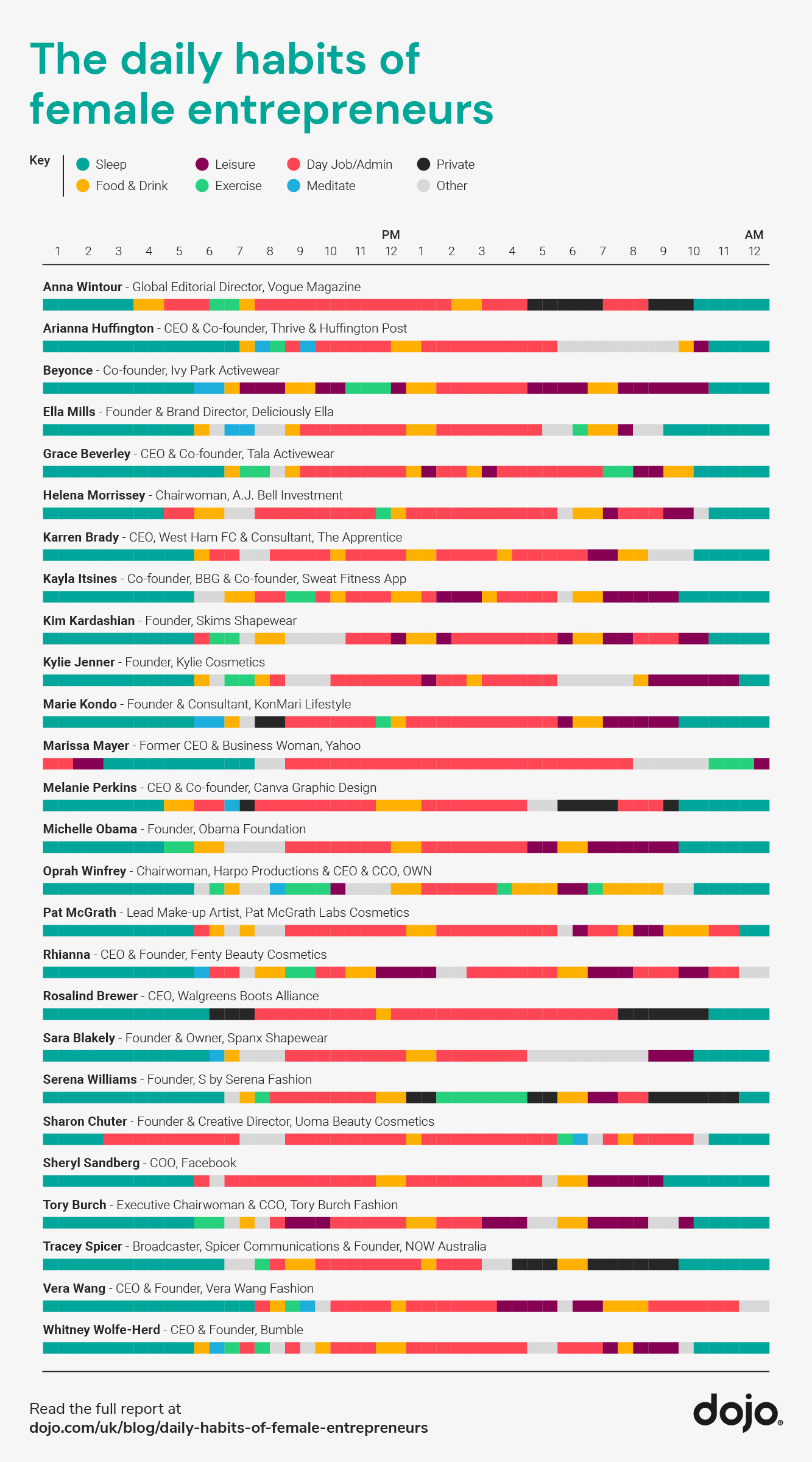
Why are sleep routines important?
Sleep and health go hand in hand, and a good night’s sleep can also boost your focus and productivity, so we aren’t surprised to see these entrepreneurs getting regular shut-eye. What is surprising is how little sleep some of them seem to get, but again, this may be plenty for them.
The CDC recommends most adults get between seven and nine hours sleep a night, but you may feel fine on six hours. When we spoke to sleep expert and neuroscientist Dr Lindsay Browning about how to fix your sleep schedule, she said not to stress about trying to hit an arbitrary number of hours. Instead, go with how you feel when you wake up - if you feel tired and unable to function well throughout the day, you need more sleep than what you’re currently getting.
Sign up to get the BEST of Tom's Guide direct to your inbox.
Get instant access to breaking news, the hottest reviews, great deals and helpful tips.
Speaking to Dojo about the findings of the new study, Kate Mikhail, author of Teach Yourself to Sleep: An ex-insomniac’s guide, and who we spoke to for our feature on how to sleep better, backed this up: “If you feel tired during the day, over emotional, more stressed than usual, are prone to frequent illnesses, or you fall asleep the minute your head touches the pillow – these are all signs that you’re possibly not getting the sleep your mind and body need.”
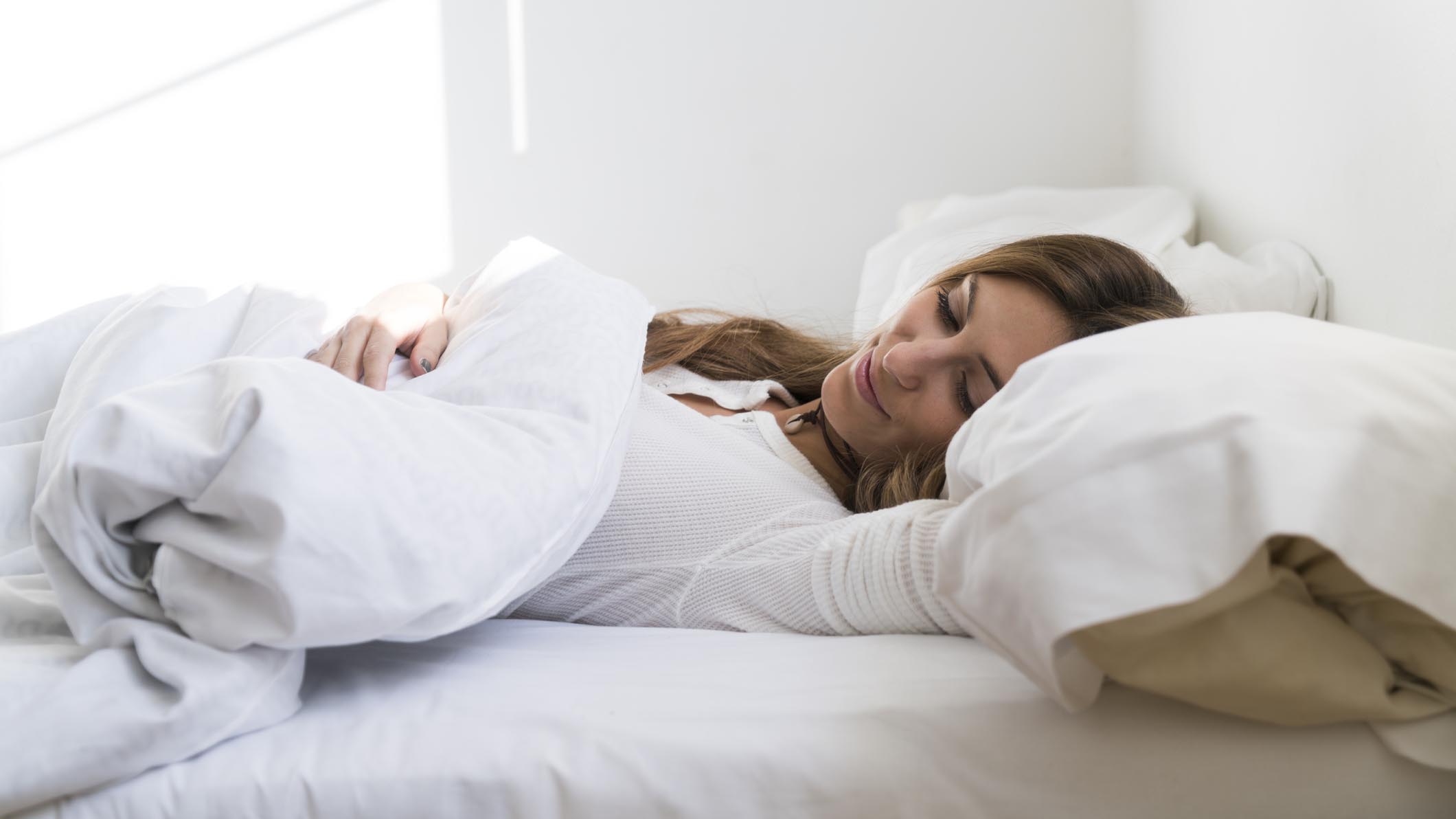
How comfy you feel also makes a difference to your sleep. So if you think your bed is giving you sleepless nights, take a look at our best mattress guide to see how switching to something more suited to your body will help. We’ve also produced a guide to the best pillows for all sleep styles.
How your daytime habits affect your sleep
While we wouldn’t recommend some of the habits highlighted by the study (working in bed is a major no-no for good sleep), there are some great techniques here that could help you sleep better at night.
Award-winning artist and CEO of Fenty Beauty Rihanna seems to love a power nap, but what matters is how long you nap for and when. While napping before 3pm is a good general rule, if you have a much earlier bedtime you may need to take your daytime nap earlier than 3pm. You need your sleep drive (your hunger for sleep) to be high before heading to bed, otherwise it will take longer for you to drop off.
Insomnia author Mikhail says, “Naps are an effective way to boost your energy and productivity during the day, if you’re not getting adequate sleep at night. You could go for a short power nap, a 26-minute NASA nap, or a full 90-minute sleep cycle, if you’re extremely sleep short."
We also like Vogue Editor-in-Chief Anna Wintour’s approach of preparing for the next day before she turns in for the night. Preparing your outfit, lunch and to-do lists means you’ll have less things to think (worry) about when you fall into bed, so you’ll be more relaxed for sleep. Kayla Itsines, who recently sold her Sweat workout platform to iFit for $400 million, is also a fan of setting to-do lists at night, which allow her to sleep through.
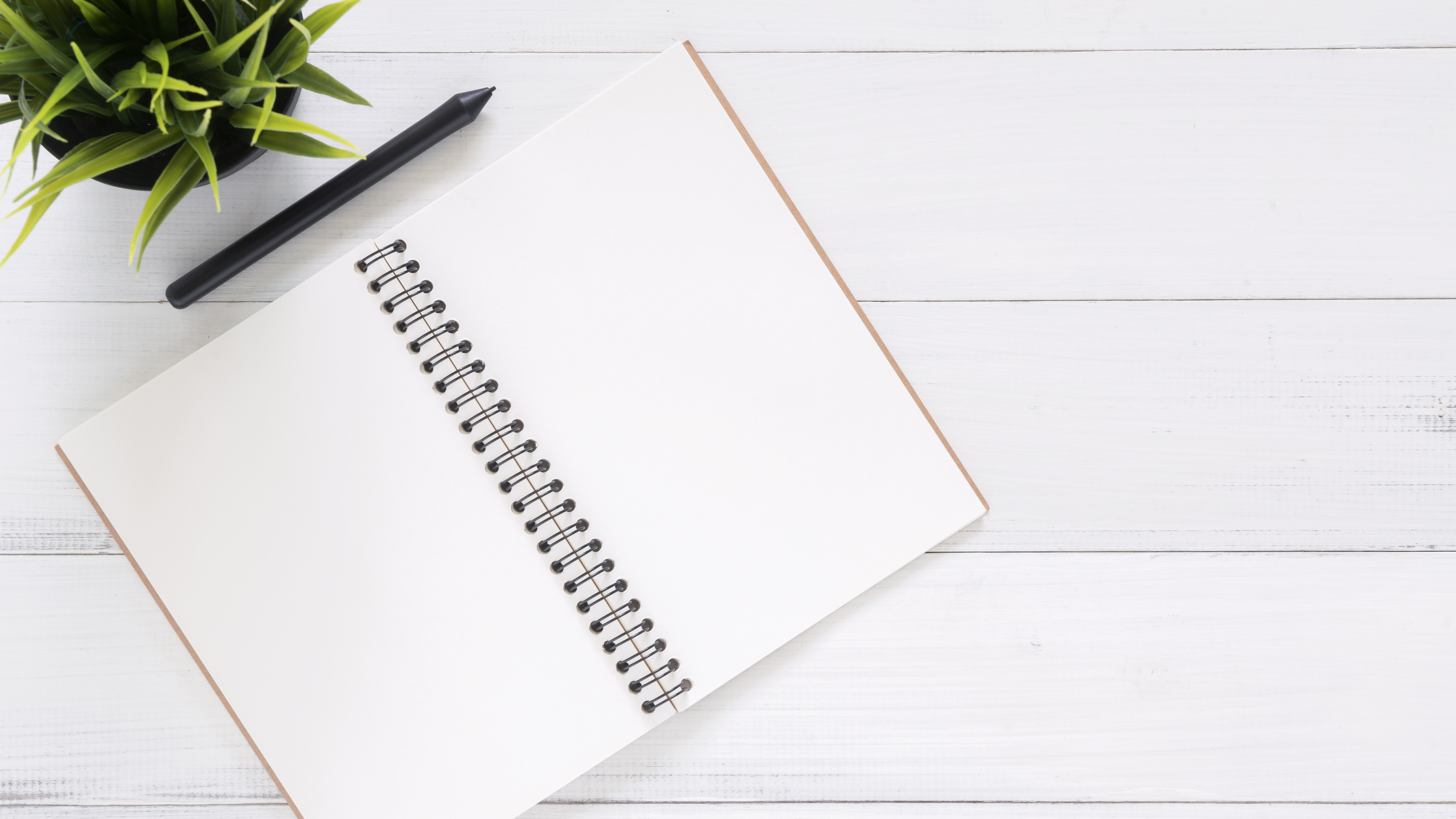
Mikhail explains the rationale behind this one: “As with everything that shapes our sleep, it really pays dividends to know the basic science and biology taking place. In this instance, you’re moving any problems or preoccupations from your emotional amygdala to your rational, cognitive HQ, the prefrontal cortex.”
- Learn how to sleep with a cold - a sleep doctor advises
Nightly routines let your body know it’s bedtime
The study also showed that Spanx founder Sara Blakely and renowned designer Vera Wang made a relaxing bath part of their evening routines. Journaling and meditation were also popular, enabling some entrepreneurs to switch off from busy schedules. Whitney Wolfe Herd, Marie Kondo, Oprah Winfrey and Beyoncé are reportedly fans of using these powerful forms of relaxation and reflection before bed.
“One way to improve your sleep, so that you’re more productive when you wake up, is to be proactive about unwinding during the evening,” Mikhail said. “This will bring down your cortisol levels, the stress hormone that’s released with any stress spikes you experience during the day, and cortisol is one of the biggest sleep disruptors.
“Filling your evening with sleep habit cues that signal work is over can really help with this, such as a relaxing bath, or switching into loungewear (if you’re not already living in loungewear).”
Read more:
- The best memory foam mattress for all budgets
- Meet this year’s best mattress in a box
- The latest cheap mattress deals to save on sleep
- The best mattress toppers for boosting comfort
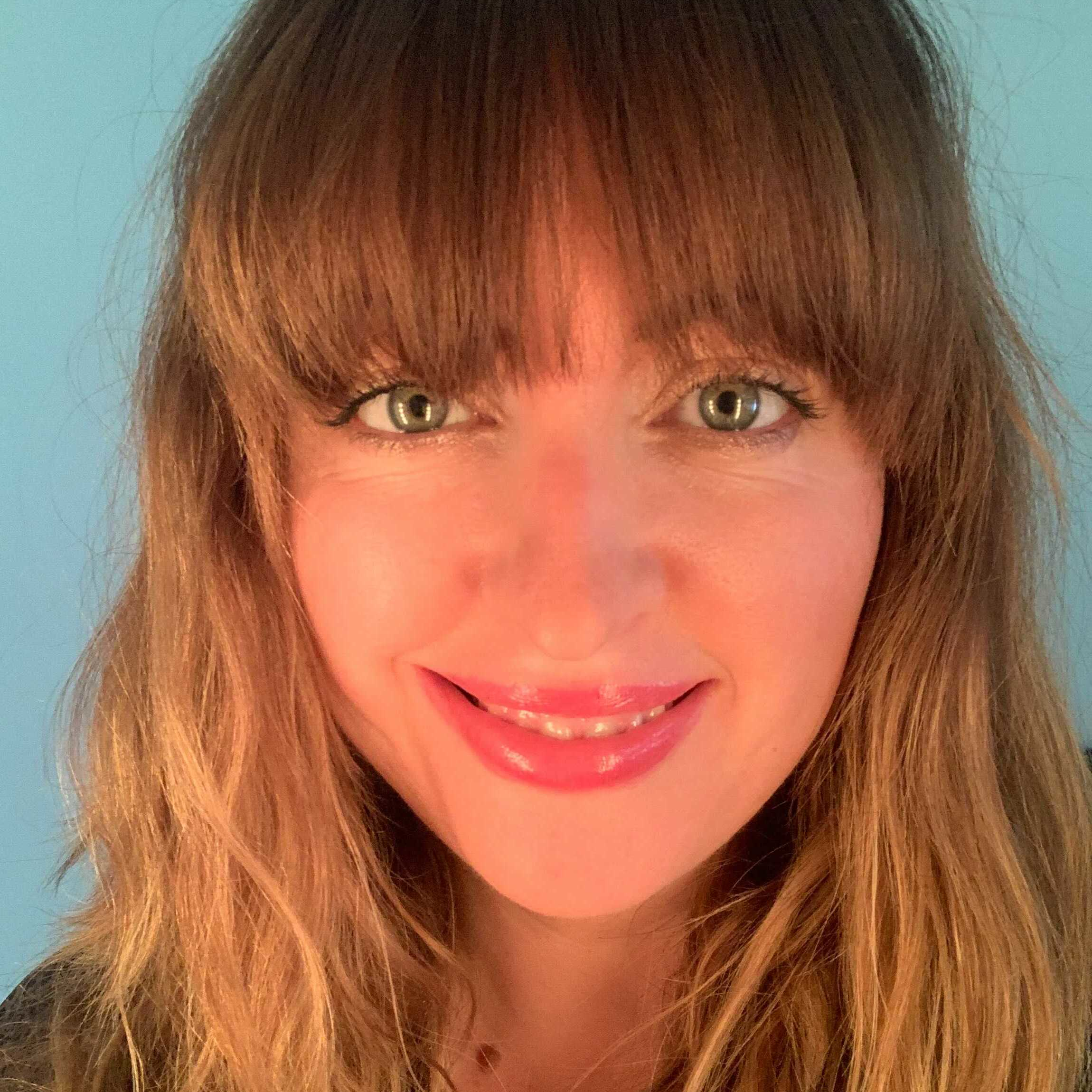
Claire is a Certified Sleep Science Coach and the Senior Sleep Editor at Tom's Guide who curates our mattress buying guides and oversees our rigorous mattress testing procedures. Claire has over 16 years’ product review experience and is connected to a wealth of globally renowned sleep experts including mattress designers and buyers, neuroscientists, and doctors of sleep medicine. Claire is responsible for all mattress and sleep content published on Tom’s Guide and is our expert on Saatva, DreamCloud, and Nectar mattresses. Claire is also certified to advise people on how to choose a mattress that suits their needs and budget, as well as helping them to create a nighttime routine and bedroom environment that helps them sleep better.
